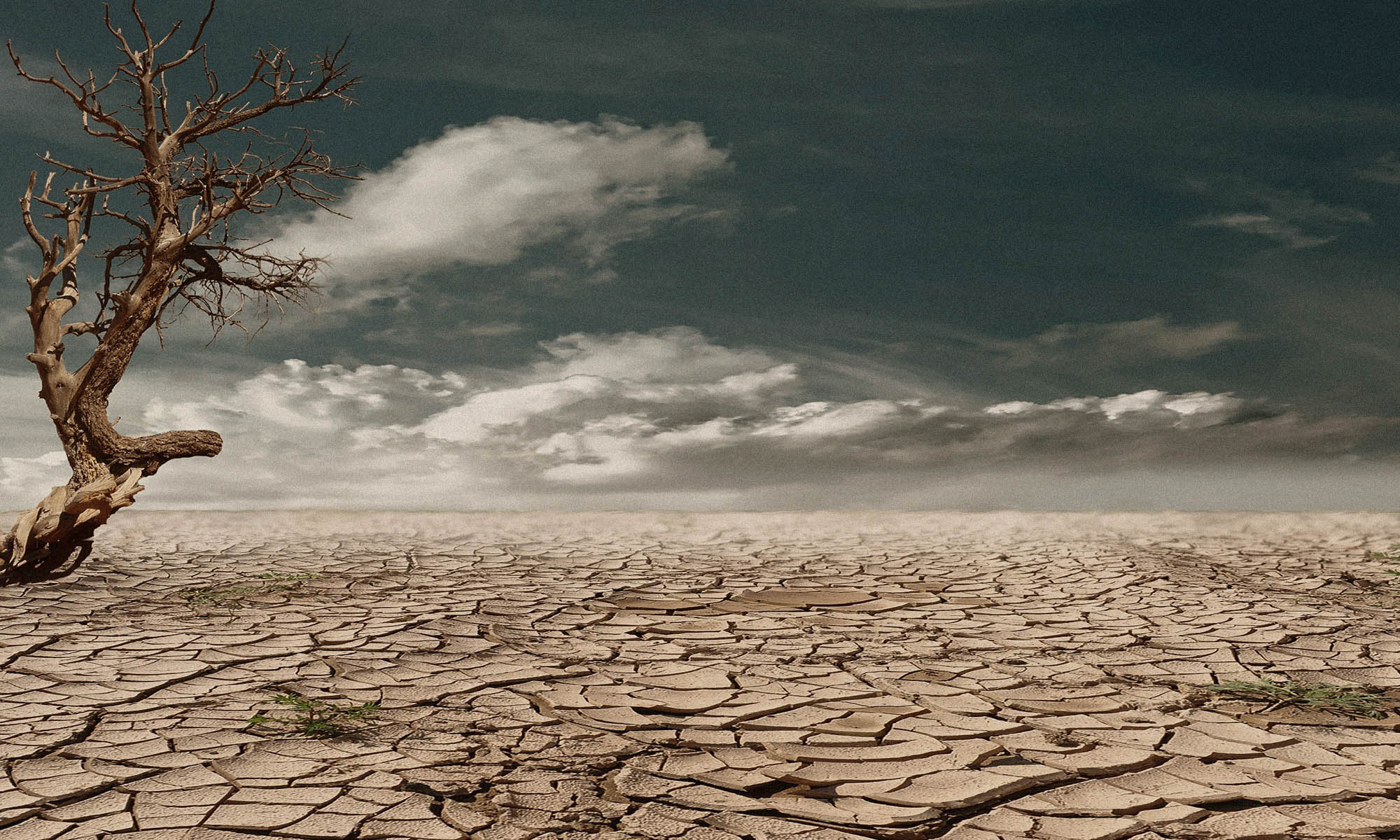Farming needs to make money to drive growth
ADDIS ABABA, 15 October 2010 (IRIN) – As rural Africa experiences an increasingly moody climate which will erode resilience, drive up hunger and threaten economic growth, it is time countries got serious about development, participants at the seventh African Development Forum in Addis Ababa were told.
Africa’s Rural Futures (RF) programme, an initiative of the African Union’s New Partnership for Development (NEPAD) and the World Wide Fund for Nature (WWF), sets out plans to boost rural development, and is an attempt to adapt to the impact of climate change.
At the same time, organizations such as the UN Environment Programme (UNEP) and the World Bank are backing the UN’s Green Economy Initiative, which is more focused on mitigation.
In his address, Ibrahim Assane Mayaki, NEPAD’s chief executive officer, called RF a “new way of thinking about development”.
But is it new? At a policy level, Lindiwe Sibanda, head of the Food Agriculture and Natural Resources Policy Analysis Network, a think-tank, explained: “Well, what they are talking about is integrated rural development with agriculture as the driver. It will get all the ministries to look at their sectors with a rural lens. It moves beyond the sectoral approach.”
This would do agriculture in Africa some good, she hoped. “Development of agriculture has suffered because of the sectoral approach.” Departments of transport, infrastructure and agriculture have not worked in consort in many countries, affecting food production and supply.
In a bid to revive their failing rural economies, some developed countries have been running RF programmes for some years. WWF, which has been involved in some of these programmes, had been looking at an initiative to improve rural livelihoods with a link to improving biodiversity in Africa, when they found NEPAD.
Urbanization
| African countries need to bring their own money to the table – then only will they be able to decide what development path or programmes they want to implement |
The RF programme is guided by the fact that 60 percent of the population in Africa is rural, though UN projections indicate that the number of urban dwellers is likely to treble over the next four decades.
“Urbanization is a part of the natural evolution of a society, but what conditions will these new urban dwellers live in – slums?” asked Estherine Lesinge-Fotabong, NEPAD’s programme implantation head.
By providing new impetus to agriculture, the RF programme also hopes to create jobs, absorb the growing population, and tackle food security and gender empowerment. Most subsistence farmers in Africa are women.
Fine-tuning
RF was launched at the Forum, but is still being fine-tuned and is currently at a “strategic document stage”. It envisages a two-year period of consultation with countries and civil society across Africa.
RF talks about developing linkages between local and regional markets, but stops short of any connections to industry. “That is its shortcoming, but the programme is still evolving,” said Mersie Ejigu, head of the Partnership for African Environmental Sustainability, an international NGO.
Ejigu, a development economist and former minister of development and planning in the Ethiopian cabinet, added: “I am not saying we need to have big investments in massive agro-based industries. It could be small-scale, home-based industries but when you are looking beyond agriculture and adding value, you have to look at processing the primary product.”
Donor-dependent
But money, and especially donors, decide the future of any programme in Africa, said Mamadou Cissokho, honorary president of the Network of West African Farmer and Producer Organizations. “African countries need to bring their own money to the table – then only will they be able to decide what development path or programmes they want to implement.”
This concern was also voiced by WWF’s Gabriella Richardson-Temm: “We are happy with the way this is shaping up and that Africa wants to design their own programme – but then donors, who bring in the funds, come with their own sets of conditions.”
RF could also be one of the components of the UN’s Green Economy Initiative, which is assisting governments to “green” their economies by reshaping policies to ensure growth on the basis of non-fossil fuel-based energy, backed by sustainable agriculture (with the help of investments in clean technology and public transport that runs on renewable energy). It also focuses on greening other sectors such as waste management and water services.
“You don’t want us to grow,” said a participant when UNEP’s Achim Steiner spelt out the initiative. Coal is still the cheapest source of energy in developing countries. Another said: “But Africa is already green – most of our people use biomass to produce energy.”
But you need money to access these alternative green technologies, pointed out Moussa Ould Hwedna, a technical adviser to Mauritania’s Ministry of Water and Sanitation. “Ours is a dry country and we need solar power to pump water from underground and the cost of solar energy is prohibitive.”
“We would like to adopt these technologies but developed countries should look at making it cheaper for us,” he added.
This is one of the issues at the UN climate change talks, the next round of which will take place in Mexico later this year.
jk/cb Source: IRIN
Theme(s): Economy, Environment, Food Security, Gender Issues, Governance, Migration, Natural Disasters, Aid Policy, Urban Risk, Water & Sanitation,
[This report does not necessarily reflect the views of the United Nations]
Like this:
Like Loading...




